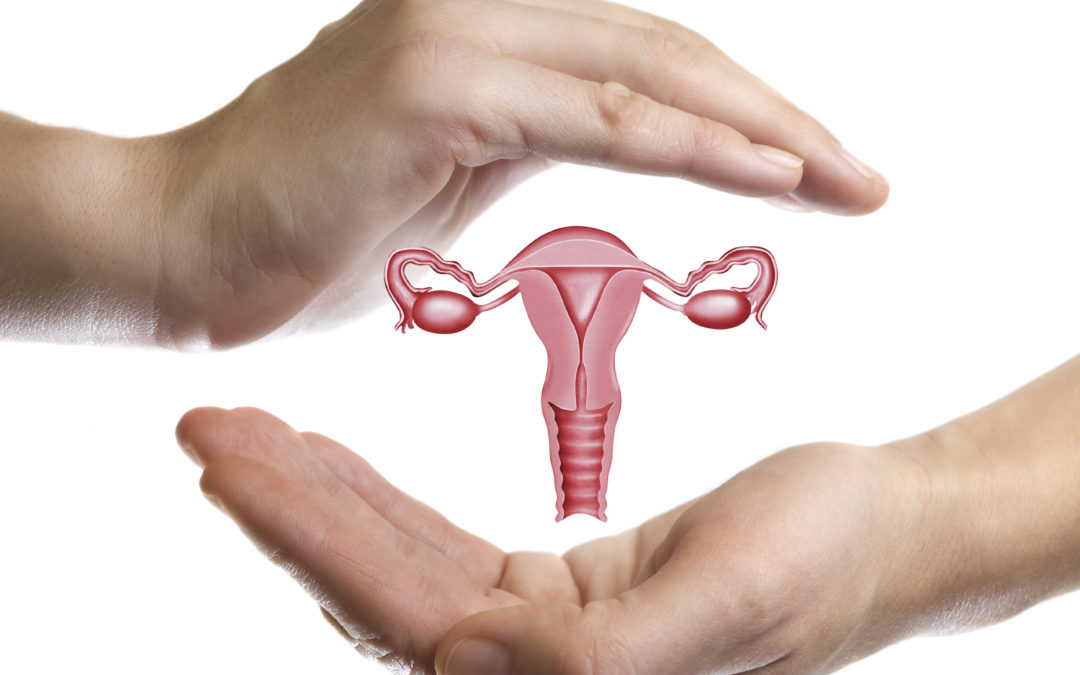The vagina and bladder are very oestrogen sensitive. Around menopause, as oestrogen levels fall, many women start to notice changes, collectively known as Urogenital Atrophy.
By: Kathie Cooke, Registered General Nurse, Menopause specialist from Menopause Expert Liverpool
Sometimes smears can become uncomfortable, because the vagina walls lose elasticity and lubrication so stretch becomes reduced. Similarly, sex can be painful and difficult due to dryness. Some women describe increased discharge; instead of dryness they feel damp – again this is because the vagina tissues become thin, less cushioned and eventually so depleted that secretions leak through the thinning vagina walls. This discharge has a distinct odour which some women find unpleasant. It is normal and not a sign of infection.
When the vagina is in this depleted state, the walls can chafe, leading to painless fresh bleeding. [Any unexpected bleed, even just spotting, must be investigated urgently to exclude cancer – always report bleeds to your GP.]
The vagina becomes less acidic so has less resistance to thrush. The external hair bearing area of the vagina – the vulva – can also become dry and irritable. The bladder too, often changes in the same way – leading to the bladder feeling uncomfortable, as though there is a urine infection – even though samples test negative. Bladder control can also deteriorate leading to leaks, particularly when exercise, sneezing etc.
Unfortunately, whereas most menopause symptoms settle as the body adjusts to lower levels of Oestrogen, urogenital
atrophy doesn’t improve, and will likely worsen overtime. The best way to reverse urogenital atrophy is by replacing
oestrogen directly into the vagina (many women using HRT will still require vagina treatments too). This small but highly
effective dose of oestrogen dissolves into the vagina walls and crosses into the bladder. These oestrogen products are
considered very safe and are usually suitable even for women advised to not use HRT.
There are some new products that mimic but don’t contain oestrogen that are also highly effective. Vaginal moisturisers help
to nourish and hydrate internally – some are available on prescription – and can be used alongside oestrogen treatments.
Emollients and hydrating washes can be prescribed to soothe and moisturise the vulva. Pain and discomfort during intimacy will improve with all of the above treatments; however, to gain further comfort during sex it’s good to use lubricants to prevent
chaffing. The “oil on water technique” of combining an oil based lubricant (apply to self), with a water based one (apply to
penetrating part) will reduce friction. [oil based lubes can damage latex in condoms and lead to less STI protection and
contraception failure]
At menopause some women describe numbness or less arousal from clitoral stimulation. Stimulating gels can be applied
to the clitoris and labia to encourage blood flow and heighten sensation.

